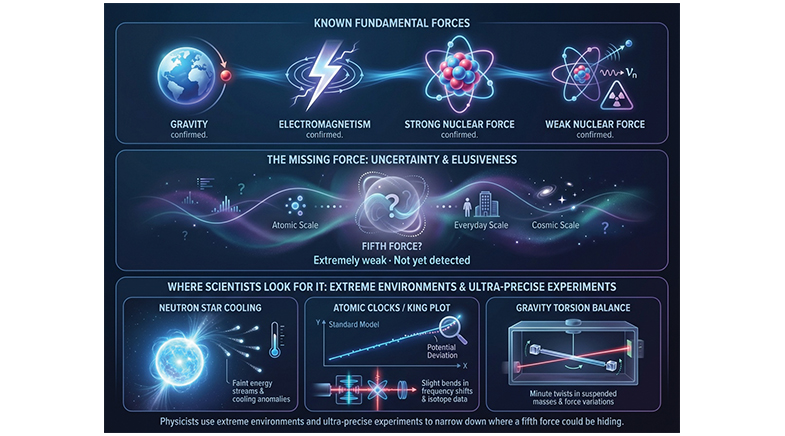Generating random number sequences without bias
-
- from Shaastra :: vol 1 issue 4 :: Jul - Aug 2022

It's tiny — but promises to revolutionise cyber security. Researchers from the Indian Institute of Science (IISc), Bengaluru, have set a world record in true random number generation (TRNG), essential for securing data. The group, led by Kausik Majumdar, Professor, Department of Electrical Communication Engineering, uses a quantum phenomenon to generate random number sequences.
The group was working on another goal — that of making a single-photon device — when it faced problems in research. During a discussion with his students, Majumdar said, "You won't be able to predict the timing of thermal generation. This tiny information must be random." That sparked the idea of generating a random number from a natural event.
There are various methods of generating random numbers. One can do so using computer algorithms, but that may not be secure as even a slight bias could reveal a pattern. Only a naturally random event could generate a true random number sequence free of bias.
In 1961, German-American physicist Rolf Landauer established a relationship between information and entropy (lack of order or predictability). The more the disorder, the greater was the entropy. This implies a quantum system always possesses good entropy. With this in mind, the team made a nano-device capable of handling quantum phenomena for a natural random number generation.
An electron gets trapped within a potential barrier in this device. This electron can tunnel through the fence and generate a corresponding voltage. The team measured the timings of the voltage generated by the electron and found it was entirely random. The timings were then converted into a random binary sequence.
Across the world, data security is directly proportional to the randomness of encrypted numbers. "We would be happy to see the application of our device in various sectors in the near future," Majumdar says.
The group tested the outcome of the device on the standard tests for cryptographic applications designed by the U.S. National Institute of Standards and Technology (NIST). It emerged as the best in the world. NIST set a range of values 0-1 to grade a performance in generating random numbers. The IISc team scored 0.98. The previous record was 0.89.
The speciality of this device is that it is an electronic chip which, Majumdar stresses, is small and cheap. A 5mm x 5mm chip can potentially secure critical data and reform cyber security. The chip may be marketed in the near future.
Have a
story idea?
Tell us.
Do you have a recent research paper or an idea for a science/technology-themed article that you'd like to tell us about?
GET IN TOUCH














